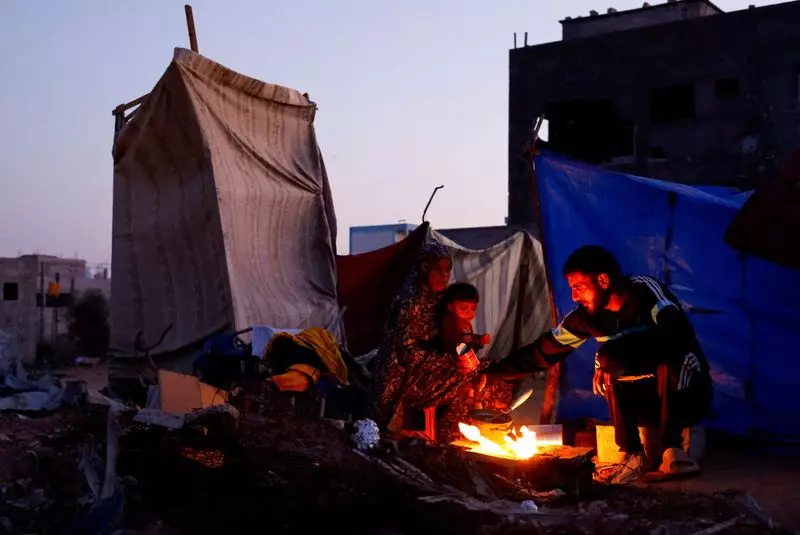
Months after the implementation of a ceasefire agreement, countless families across the Gaza Strip continue to endure severe electricity shortages, creating a humanitarian crisis that extends beyond the immediate conflict period.
The Unseen Struggle: Daily Life Without Power
Despite the cessation of hostilities, the reality for most Gazan households remains grim. Electricity availability has dropped to just 4-6 hours per day, forcing families to adapt to challenging living conditions. The power deficit has created a domino effect, impacting everything from basic household functions to essential services.
Residents report struggling to preserve food without reliable refrigeration, while students study by candlelight during evening hours. Medical facilities operate under constant strain, relying on backup generators that require expensive fuel many cannot afford. The situation has transformed simple daily tasks into significant challenges for the population of approximately 2.3 million people.
Infrastructure Damage and Fuel Shortages
The root causes of the ongoing electricity crisis are multifaceted and deeply entrenched. Substantial damage to Gaza's power infrastructure during recent conflicts has left the electrical grid in a state of disrepair. Repair efforts face significant obstacles due to restrictions on importing necessary equipment and materials.
Compounding the infrastructure problems are chronic fuel shortages that affect the operation of Gaza's sole power plant. Even when the plant operates at partial capacity, distribution networks damaged during hostilities cannot reliably deliver electricity to end users. The situation illustrates how the aftermath of conflict continues to impact civilian life long after fighting has stopped.
Humanitarian Impact and International Response
The electricity shortage has created a public health concern that extends beyond inconvenience. Hospitals struggle to maintain critical care equipment, while water treatment facilities cannot operate at full capacity, potentially compromising water quality. The lack of reliable power affects sanitation systems, creating environmental health risks.
International aid organizations have highlighted the electricity crisis as a priority concern in their humanitarian assessments. Several agencies have provided emergency generators to critical facilities, but these represent temporary solutions to a systemic problem. The United Nations has called for addressing the electricity deficit as part of broader reconstruction efforts, emphasizing that without reliable power, recovery remains elusive.
As diplomatic efforts continue to address the underlying political situation, the daily reality for Gaza's families remains defined by darkness and uncertainty. The persistent electricity crisis serves as a stark reminder that the consequences of conflict extend far beyond the immediate period of violence, creating challenges that may take years to fully resolve even under the most favorable conditions.





